Vietnam's economy is resilient and flexible, making European businesses confident and increasing investment, according to the Chairman of EuroCham.
Mr. Gabor Fluit, Chairman of the European Chamber of Commerce in Vietnam (EuroCham), said that European investment in Vietnam has not decreased despite the complicated global economy. Most recently, Nestlé Vietnam has just announced a $100 million expansion plan.
"This underlines the confidence of European businesses in Vietnam," he said at the launch of the annual White Book on January 16.
The EuroCham Business Confidence Index report also previously rated Vietnam as a rising star in attracting global investment. Confidence and satisfaction of European businesses operating in this market showed signs of improvement in the last quarter of 2023.
However, Mr. Gabor Fluit also noted that in reality, there will be many difficulties in 2024. Although Vietnam is expected to lead in GDP growth, the economic environment may not be as favorable as before 2020. EuroCham predicts that there will be challenges such as slowing import and export, complex supply chains as well as other unforeseen difficulties.

EuroCham Chairman Gabor Fluit speaks at the White Book launch on January 16. Photo: EuroCham
The association believes that the key to supporting businesses at this time is adaptive policies - that is, regularly adjusting strategies to suit the context. Vietnam can position itself to take advantage of many opportunities in the future.
Accordingly, European businesses have also compiled and made many proposals and recommendations in dozens of business and investment fields, as stated in the White Book.
For example, with the real estate sector, EuroCham suggested that Vietnam should issue regulations with specific standards and guidelines, and regulations on land use terms for apartments, houses, and hotel offices. Vietnam also needs to have a policy to protect investors in case a real estate development company becomes insolvent or bankrupt. Or with the issue of foreign ownership of houses, it is necessary to issue a list of projects that do not allow foreign ownership, while the remaining projects will issue land use right certificates to foreigners who have purchased houses in Vietnam.
The construction industry group also recommended simplifying the equipment certification process to avoid project delays; and unifying policies to allow for quick certification of fire protection materials. Last year, fire protection regulations caused many difficulties and obstacles for domestic and FDI manufacturing enterprises.
Regarding the content of business mergers and acquisitions, EuroCham made some suggestions such as: considering excluding internal restructuring activities of the group from the merger control regime; increasing the value of the thresholds under the regulations on merger control related to the occurrence of transactions that must be notified. At the same time, considering clarifying the provisions of competition and anti-monopoly laws to provide clear and certain thresholds for investments in Vietnam.
The White Book also proposes strategies to open up new trade and investment opportunities in Vietnam such as semiconductor equipment, renewable energy, and green growth.
Providing more information on administrative procedure reform, which is an issue of interest to FDI enterprises, Mr. Ngo Hai Phan, Director of the Department of Administrative Procedure Control, Government Office, said that in 2023, 628 regulations in 53 legal documents were cut. In 2024, he said at least 20% of internal administrative procedures and 20% of compliance costs will be cut and simplified.
He also asked the associations to summarize difficulties and obstacles in business policies and send them to the Government Office; as well as actively contribute comments on regulations and administrative procedures expected to be issued.
Duc Minh
Source link


![[Photo] Welcoming ceremony for Chinese Defense Minister and delegation for friendship exchange](https://vstatic.vietnam.vn/vietnam/resource/IMAGE/2025/4/17/fadd533046594e5cacbb28de4c4d5655)
![[Photo] Promoting friendship, solidarity and cooperation between the armies and people of the two countries](https://vstatic.vietnam.vn/vietnam/resource/IMAGE/2025/4/17/0c4d087864f14092aed77252590b6bae)
![[Photo] General Secretary To Lam receives French Ambassador to Vietnam Olivier Brochet](https://vstatic.vietnam.vn/vietnam/resource/IMAGE/2025/4/17/49224f0f12e84b66a73b17eb251f7278)
![[Photo] President Luong Cuong receives Kenyan Defense Minister Soipan Tuya](https://vstatic.vietnam.vn/vietnam/resource/IMAGE/2025/4/17/0e7a5185e8144d73af91e67e03567f41)
![[Photo] Prime Minister Pham Minh Chinh and Ethiopian Prime Minister visit Tran Quoc Pagoda](https://vstatic.vietnam.vn/vietnam/resource/IMAGE/2025/4/17/18ba6e1e73f94a618f5b5e9c1bd364a8)
![[Photo] Warm meeting between the two First Ladies of the Prime Ministers of Vietnam and Ethiopia with visually impaired students of Nguyen Dinh Chieu School](https://vstatic.vietnam.vn/vietnam/resource/IMAGE/2025/4/17/b1a43ba73eb94fea89034e458154f7ae)
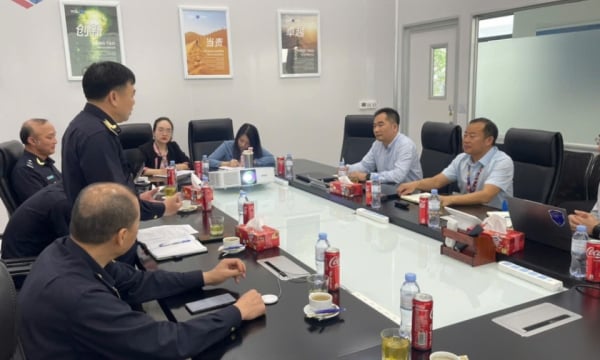

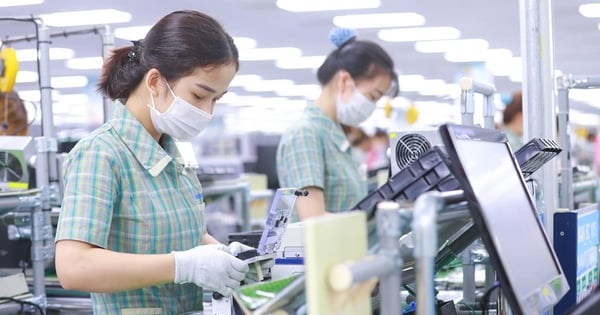

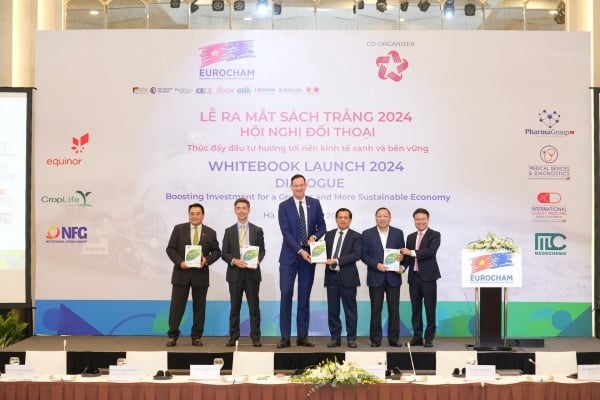

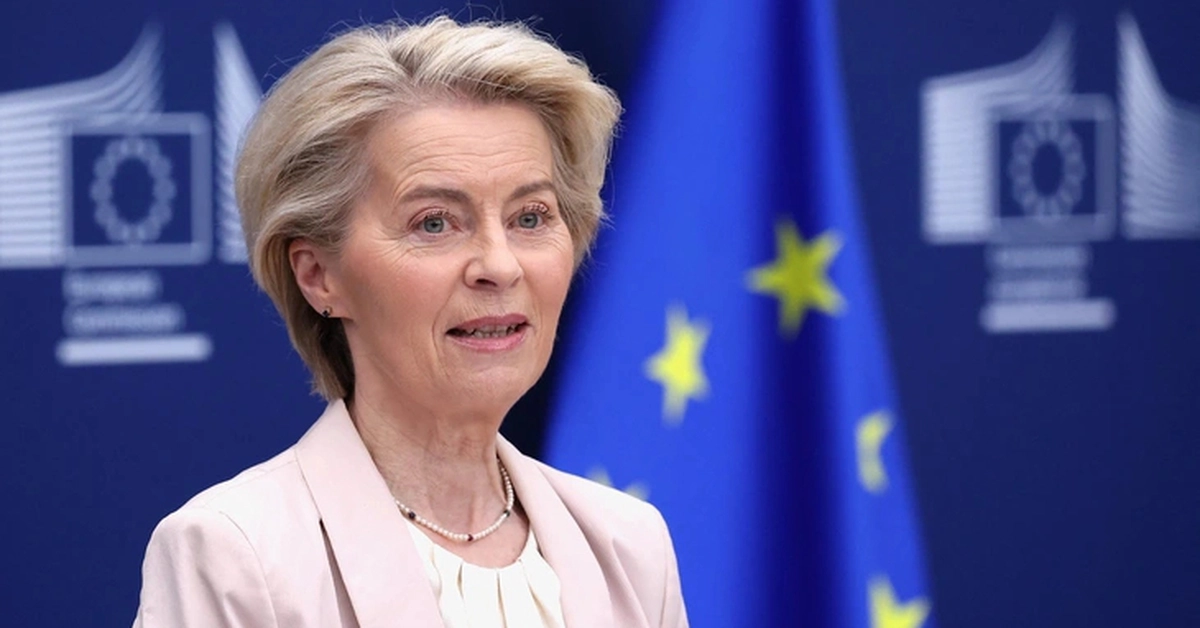

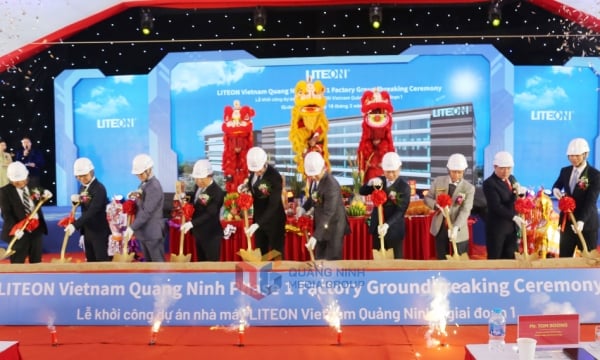
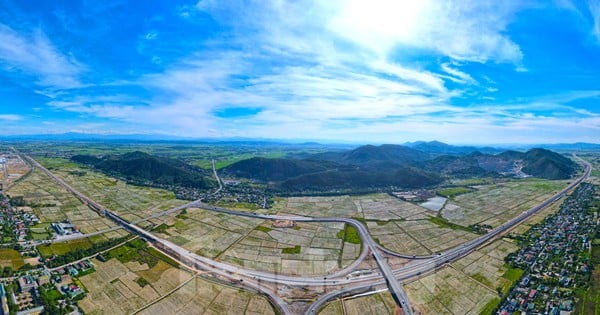


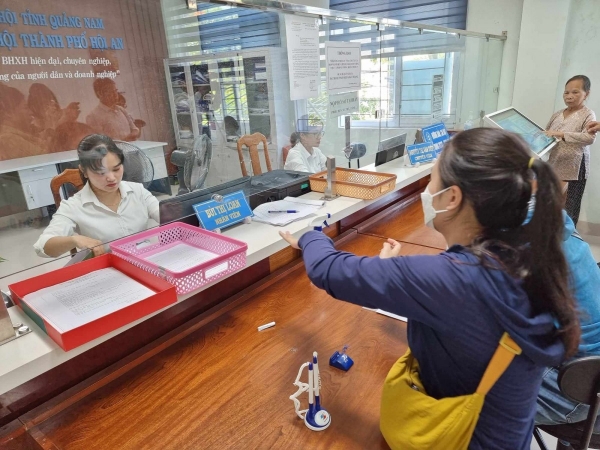

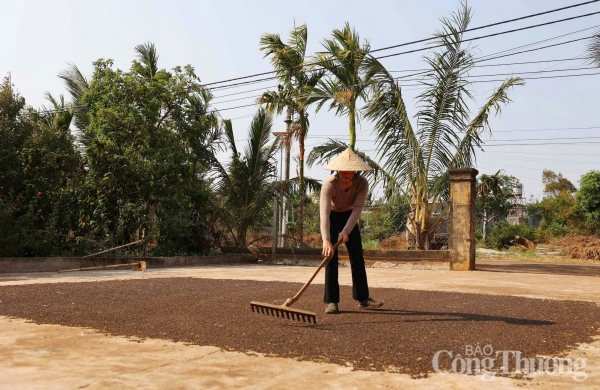
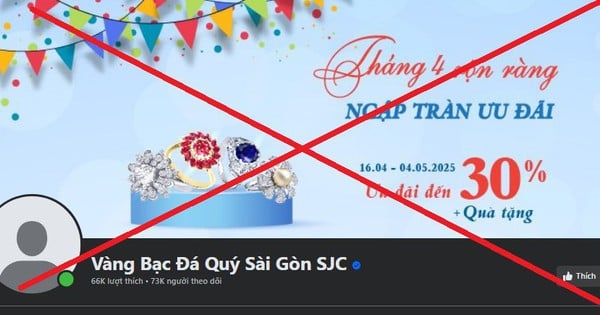
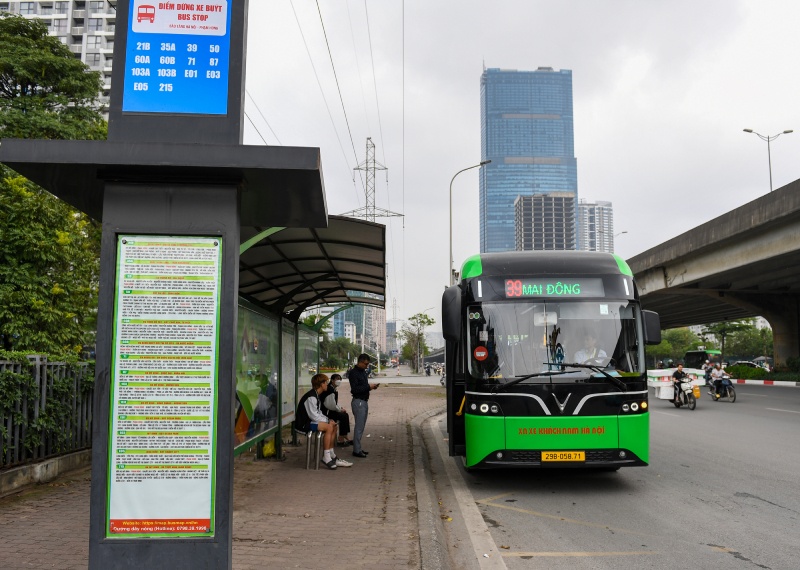





































![[Video] Viettel officially puts into operation the largest submarine optical cable line in Vietnam](https://vstatic.vietnam.vn/vietnam/resource/IMAGE/2025/4/17/f19008c6010c4a538cc422cb791ca0a1)















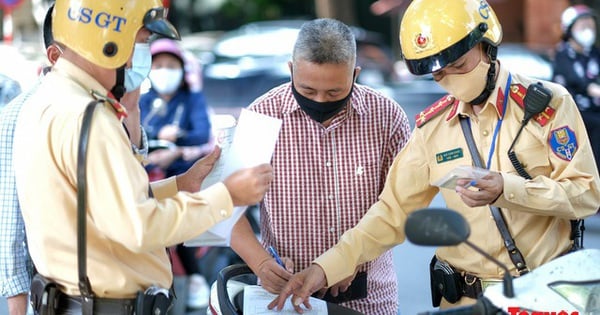




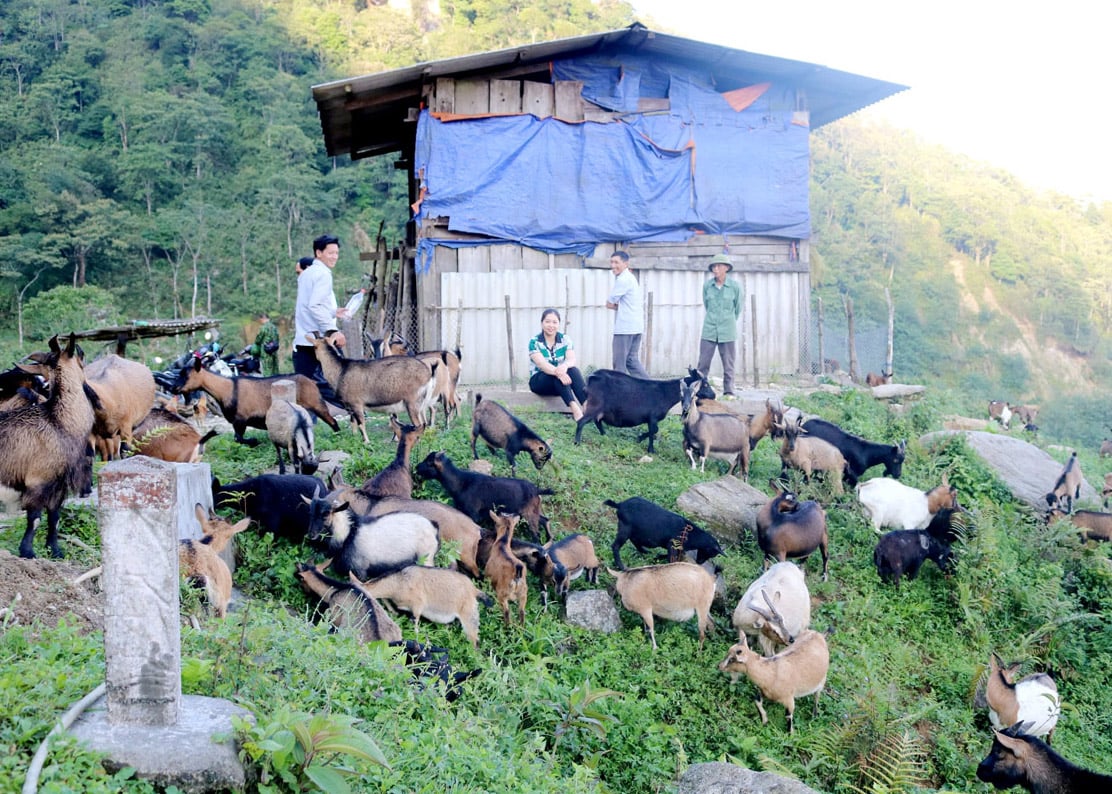


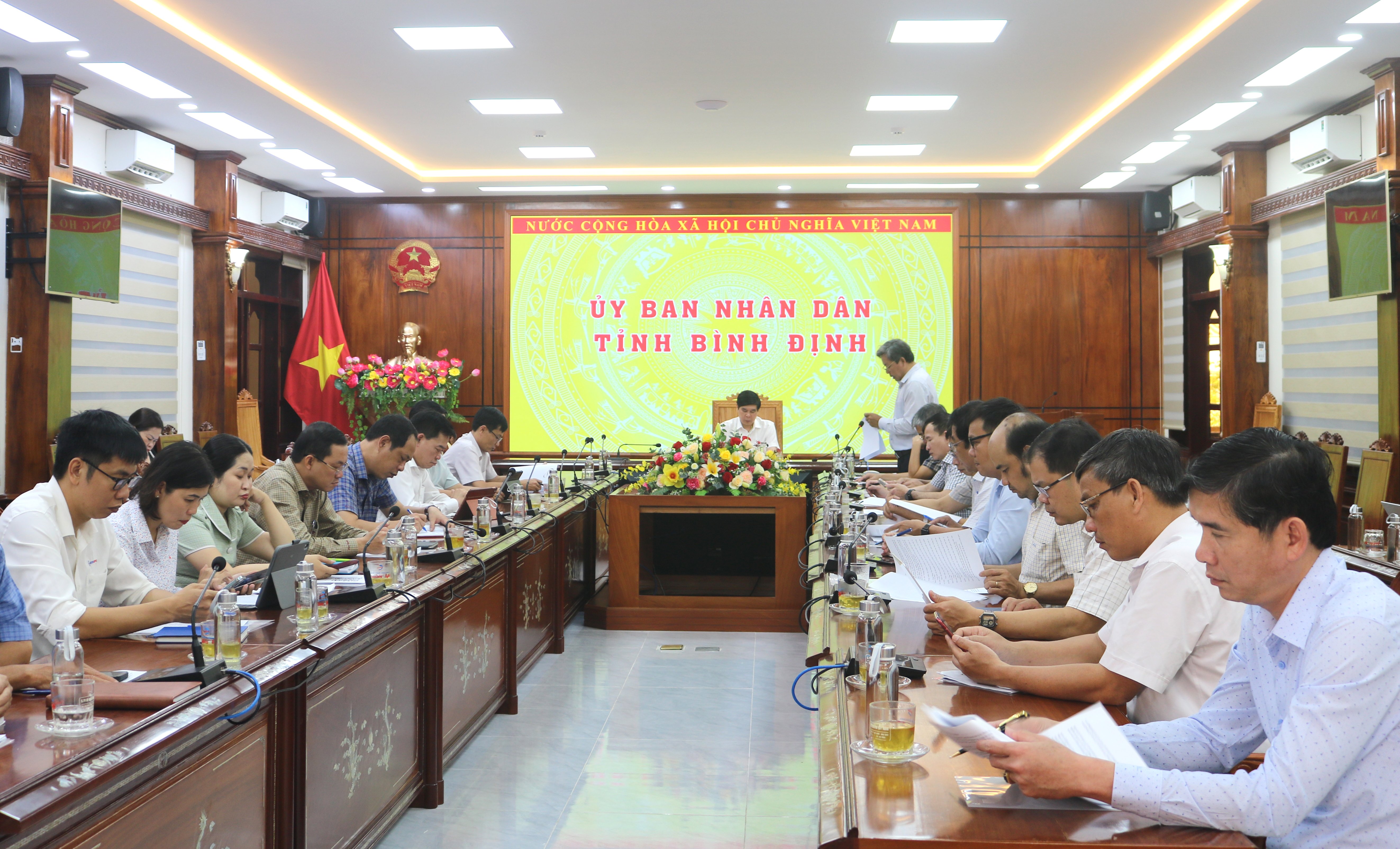

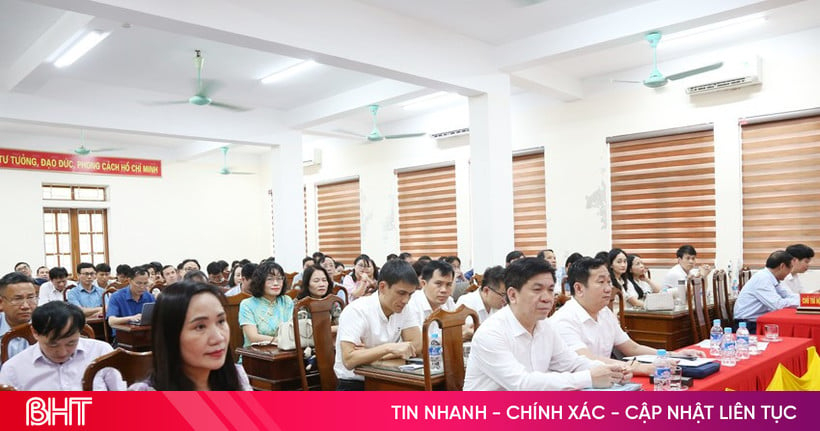












Comment (0)